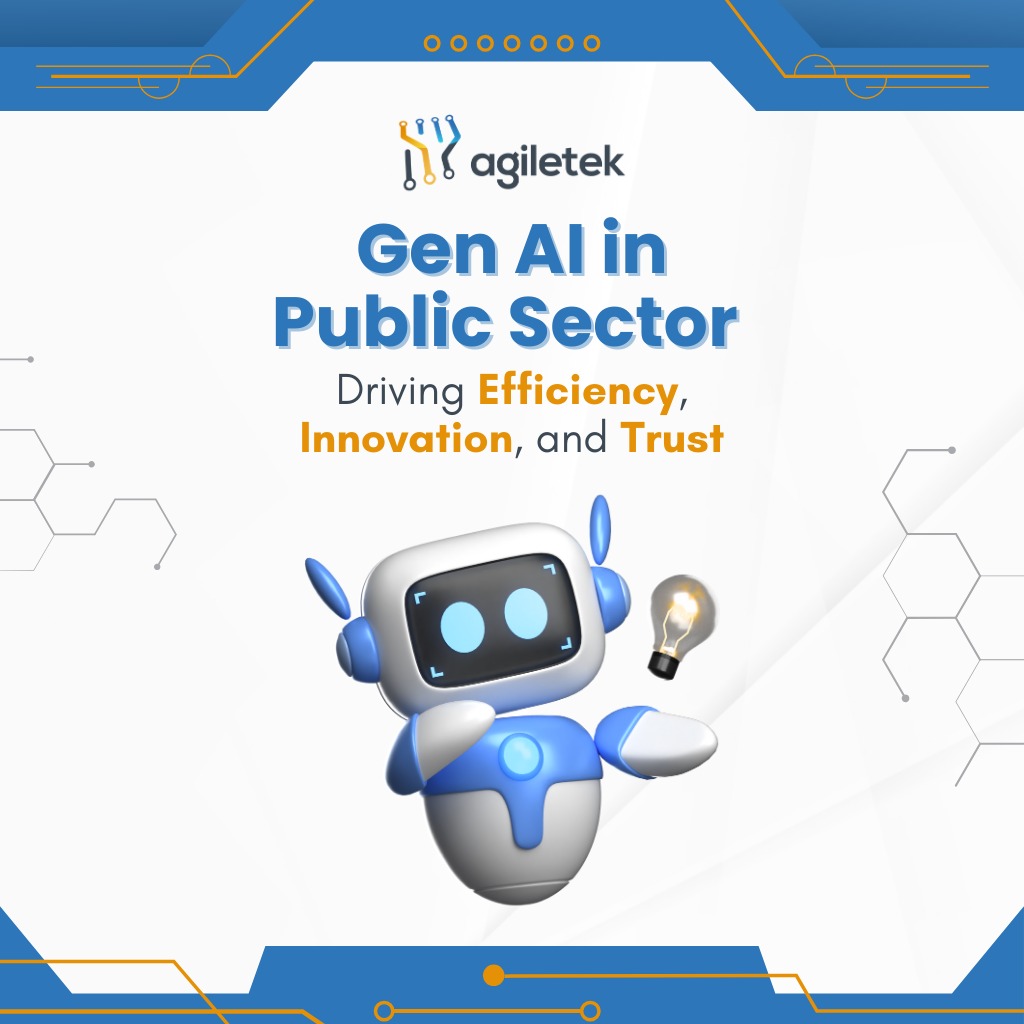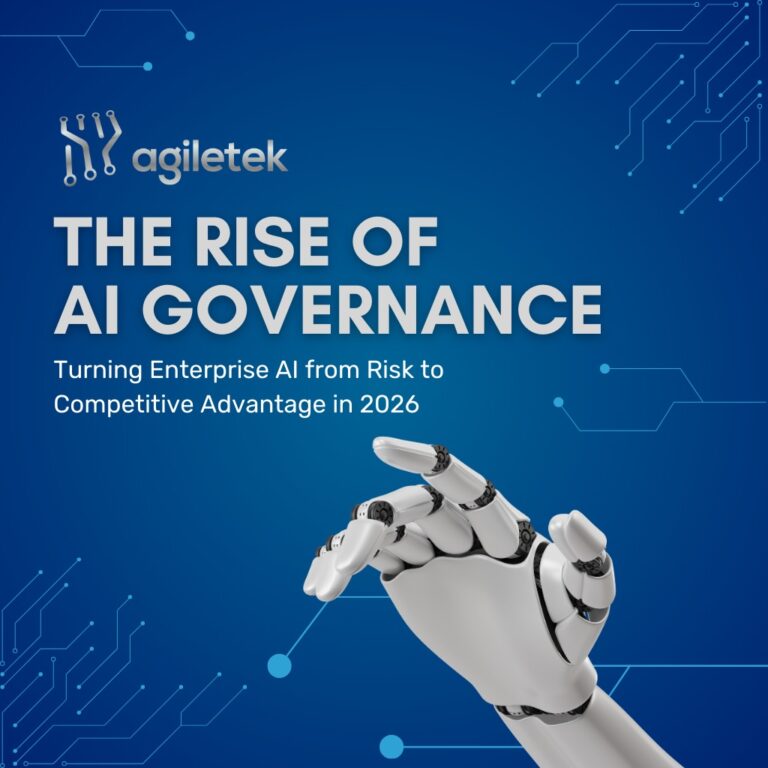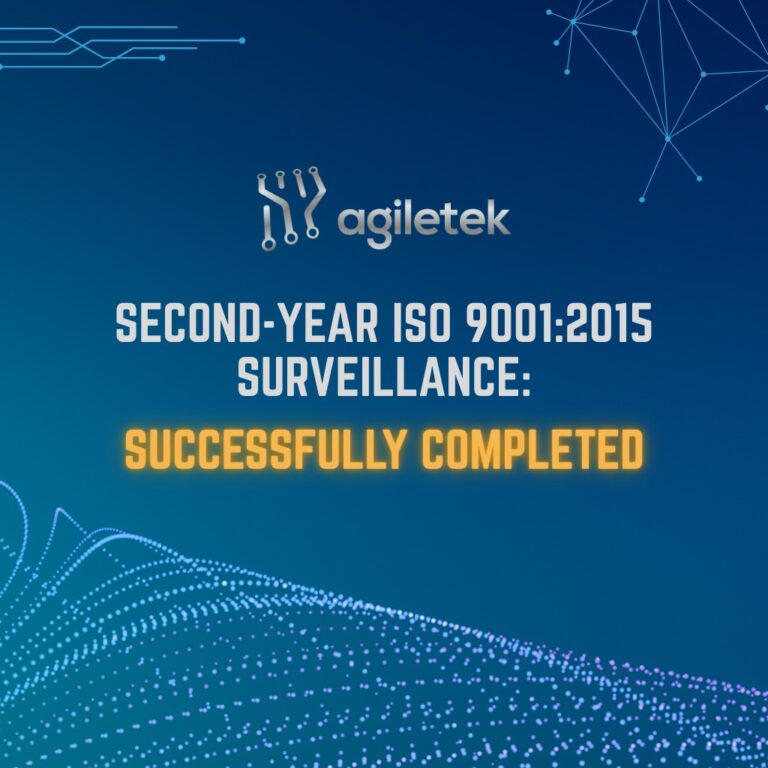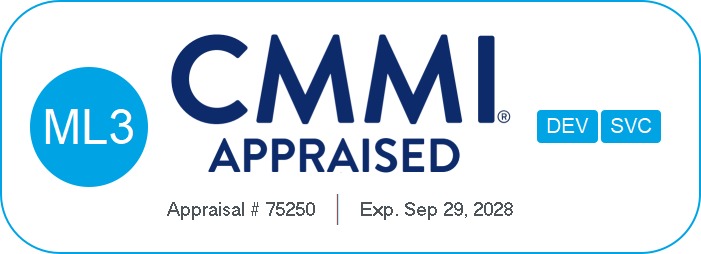The public sector stands at a pivotal moment. Governments across the globe are increasingly pressured to deliver more services, faster and cheaper, and respond to the increasing expectations of digitally savvy citizens – as they struggle with budget cuts, complex regulations, and cybersecurity risks.
For governments, generative artificial intelligence (GenAI) holds revolutionary potential. GenAI may boost productivity, enable improved decision-making, and encourage citizen participation with its capacity to generate content, analyze enormous data sets, and automate challenging jobs. Implementation needs to be careful, moral, and safe in order to fully fulfill this potential and provide long-term, sustainable benefit.
Unlocking Efficiency Through Intelligent Automation
One of the most immediate effects of GenAI in the public sector is operational efficiency. A lot of government work still requires a lot of time and human labor, such as writing policy briefs, compiling compliance reports, processing forms, and responding to citizen services requests. By relieving workers of repetitive duties while maintaining accuracy and quality, generative AI can significantly reduce this inefficiency.
Consider the potential for AI-powered virtual assistants integrated into government websites and contact centers to offer round-the-clock assistance, reply to standard inquiries, and aid users with complex applications, with human agents handling more complex situations. In order to facilitate faster decision cycles, GenAI can help organizations produce reports in a matter of minutes rather than weeks.
Enhancing Decision-Making with Data-Driven Insights
The vast majority of the data held by government organizations is unstructured and fragmented. Converting that data into useful insights has been a long-standing difficulty. In order to help policymakers make better decisions, GenAI offers methods for analyzing and synthesizing data from many fields.
For instance, GenAI can create a comprehensive situational assessment during natural catastrophes by combining real-time data from emergency response teams, social media posts, and weather forecasts. Decisions about the distribution of resources, response strategies, and public relations can be made with the help of this report, eventually saving lives.
By creating forecasts from available data, identifying patterns, and predicting the effects of various policies through a simulation of “if this…then” scenarios, GenAI can assist the long-term policy making process in addition to handling unforeseen situations.
Building Citizen-Centric Services
In today’s world, citizens want government services to be as accessible, responsive, and personal as what they encounter in the private sector. Generative AI can support agency efforts to provide more tailored services, and more inclusive services.
For instance, GenAI-powered systems can translate text texts into multiple languages instantaneously, enabling various populations to access a range of vital information. The same technology may create and produce materials that are accessible to people with impairments, promoting greater inclusivity and adherence to accessibility guidelines.
Governments can gain the trust of their citizens by implementing these tools and technology, indicating their dedication to comprehending and meeting the demands of all the communities they serve.
Addressing the Risks: Ethics, Bias, and Security
While the prospects of GenAI in the public sector are enormous, so are the risks. Government agencies have sensitive citizen data, making them attractive targets in the cybercrime ecosystem. Any abuse or bias in AI decision-making, or even lack of transparency, can result in widespread consequences for society.
In deploying GenAI responsibly, governments must prioritize:
- Ethical AI Practices: Fairness, accountability, and inclusiveness in model design and use.
- Security: Protecting data in consideration of breaches as well as AI-specific threats like model poisoning, or adversarial attacks.
- Transparency and explainability:The public can understand AI decisions, maintain confidence.
Governments can implement governance structures and oversight, audit trees, and mechanisms aligned with role-based authority and evolving regulatory requirements to maintain public trust in the complex “AI human-in-the-loop” systems.
The Road Ahead: Responsible Innovation
Generative AI is not a simple technological advancement; it is a transformative way of rethinking and reshaping the way the government provides services and engages with the public. When we combine the speed and capability of AI with human knowledge and judgment, the public sector can shift from reactive service delivery to proactive and citizen-first engagement with the community.
Agiletek believes that GenAI can help governments fulfill their twin obligations, to be efficient in how they serve people and also to be accountable on behalf of the public. Embedding adaptive intelligence into core processes and leveraging ethical, secure, responsible and accountable use of AI will allow public institutions to respond to the challenges of today and the requirements of tomorrow.
